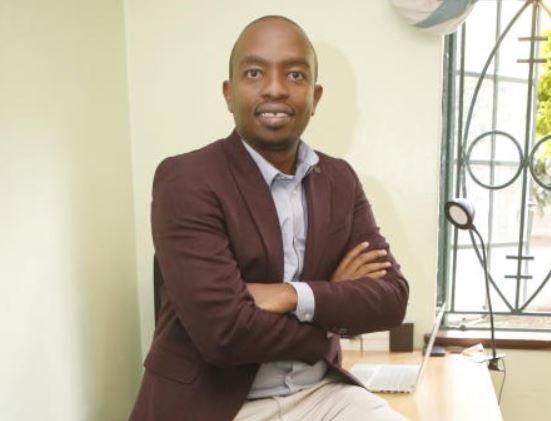×
The Standard e-Paper
Join Thousands Daily

Tom Muriranja and Duggan Kimani were just two geeky friends who shared an intense passion for IT. Thus it made perfect sense for them to form a company together. In 2007, they took the plunge, providing custom software solutions to organisations.
The next decade saw a continuous transformation of their business, and in 2017, launched Presta, a pay-as-you-go mobile lending platform. If the duo has learnt anything, it is that there is no room for rigidity in entrepreneurship.